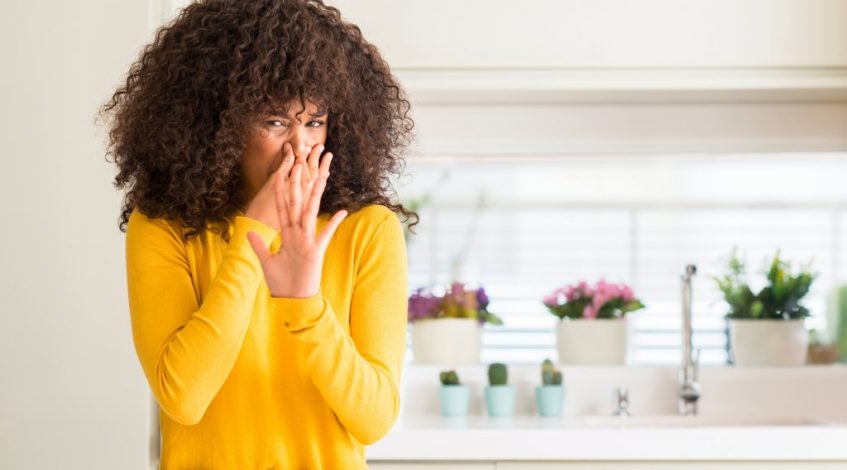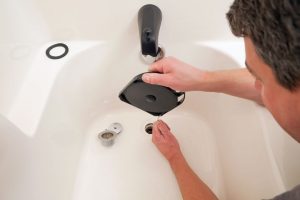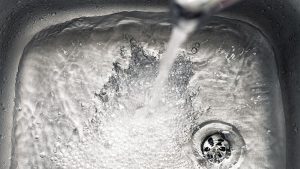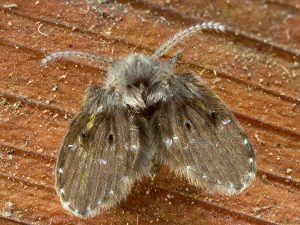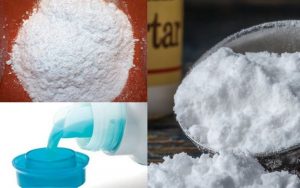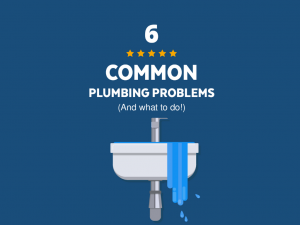Nothing is more off putting than a foul odour filling up your home. However, the simple meaning of this is that something is wrong somewhere in your home. Among other top culprits, bad drainage can give off a horrible smell inside your house.
We’ll go through the top causes of smelly drains. Do you have a smelly shower drain or a stinky sink already? Don’t worry, we’ll also cover how to clean smelly drains with bicarb and vinegar or fix a problem that’s causing them.
How to stop drains from smelling in the first place
What causes smelly drains? One or more of the following plumbing problems can result in smelly kitchen drains or unpleasant bathroom drain smells.
Accumulation of organic material
This is the leading cause of smelly sink drains and is usually due to the continuous buildup of organic matter that goes down the sink. Apart from the offensive odour, it can also lead to water draining slowly or completely blocked drains.
The organic residues are gradually accumulated in the trap or the pipes, and they usually include hair, soap, grease, food waste, and toothpaste. You can prevent this by fitting all your sinks with strainers, and minding what you pour down there.
P-trap problem
The sewer gas trap or P-trap is that part of the drain that stores water. It works by blocking gases from escaping through the pipe and into the home. Your P-trap is usually found wherever the pipe dips down into a U-shape, and this is the place the water sits. Whenever you use your sink or shower, the water in the P-trap is changed, i.e. the newly-drained water replaces the old water.
Your P- traps usually experience one or more of the following issues:
1. The trap is not storing water properly
It becomes difficult for the P-trap to stop the gases from escaping through the pipe into your home once the water is not sitting properly. This is usually caused by a leak. If this happens, check around the sink or drain for any water damage. In an event where you cannot find any leak, bring in the best local plumber for a thorough check.
2. Not using your shower/sink regularly
Using your sink or shower seldom will make the trap dry up. This is more common in the guest bedroom or basement sinks and showers. Eventually, the dryness causes foul smells. You can eliminate this by using your fixtures frequently. This will ensure that water runs through and newly drained water can replace the old water in the trap.
How to clean a smelly drain
Remove drain covers and get the remnants out: This can be a difficult task, however, if you take time to get rid of the hair-soap-grease accumulation in your trap, you can get the drains cleared and the foul smell neutralised.
Clean smelly drains with bicarb and vinegar. Add a mixture of vinegar, baking soda and hot water into your drain: This will soften the accumulated elements in the drain and ensure easy flow.
There are other ways to unblock a drain in your bathroom or kitchen. Some you can attempt yourself while others will need the help of a local plumber. Avoid harsh chemicals that can damage to your pipes and plumbing.
Getting help to fix smelly drains
Most Australian houses experience blocked and smelly drains. However, these are preventable in most cases, and you can get rid of foul smells by putting in place regular cleaning measures. In rare cases, handling this on your own might not solve the problem. In such case, smelly drains will result in more serious issues, except it is promptly attended to by a qualified plumber.
At Best Plumbers Club, we can help you connect to competent and verified plumbers capable of detecting and providing lasting solutions to smelly drains for Australian homeowners. Feel free to get in touch with us today, and we will be delighted to assist in making your home plumbing better in every way possible.

